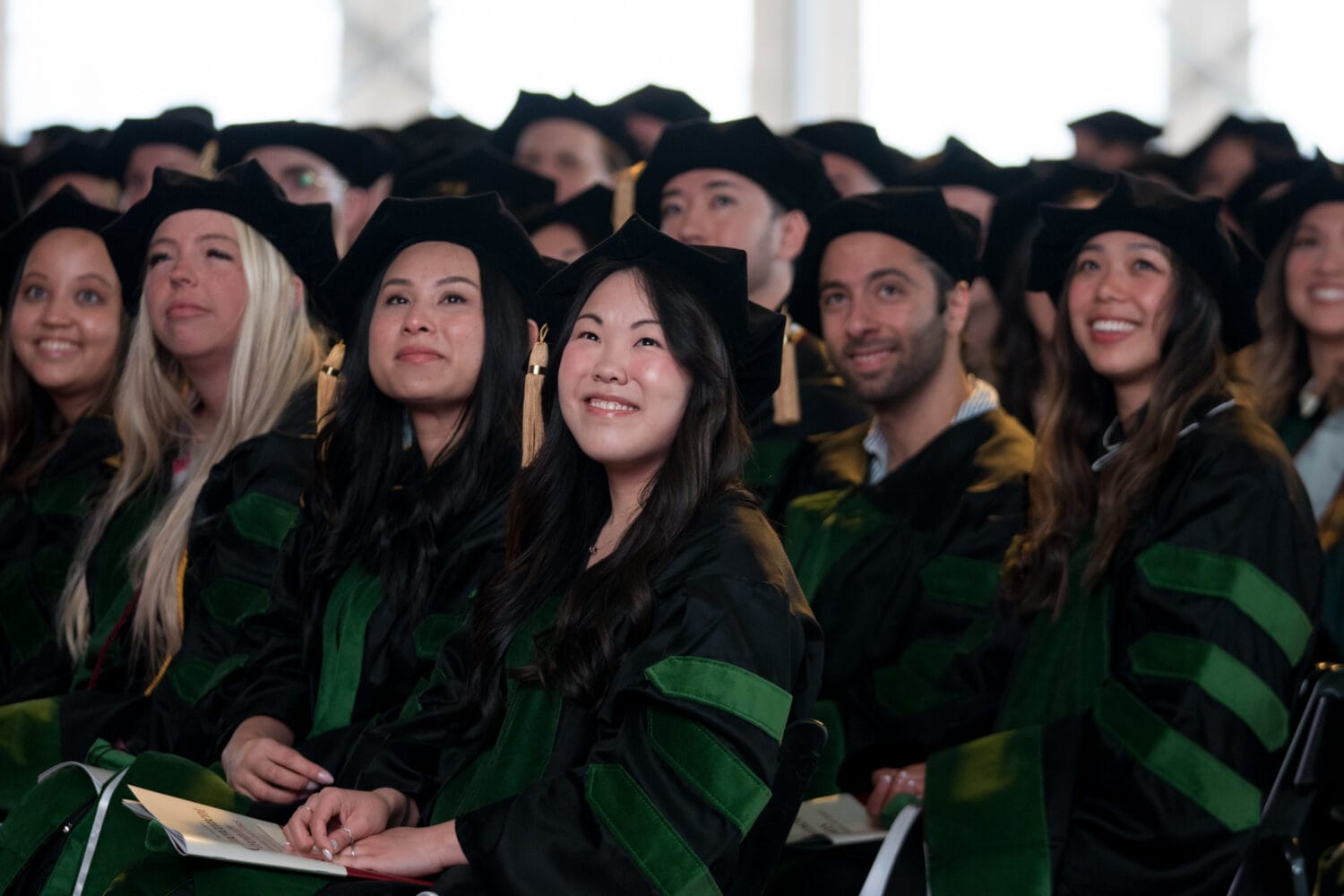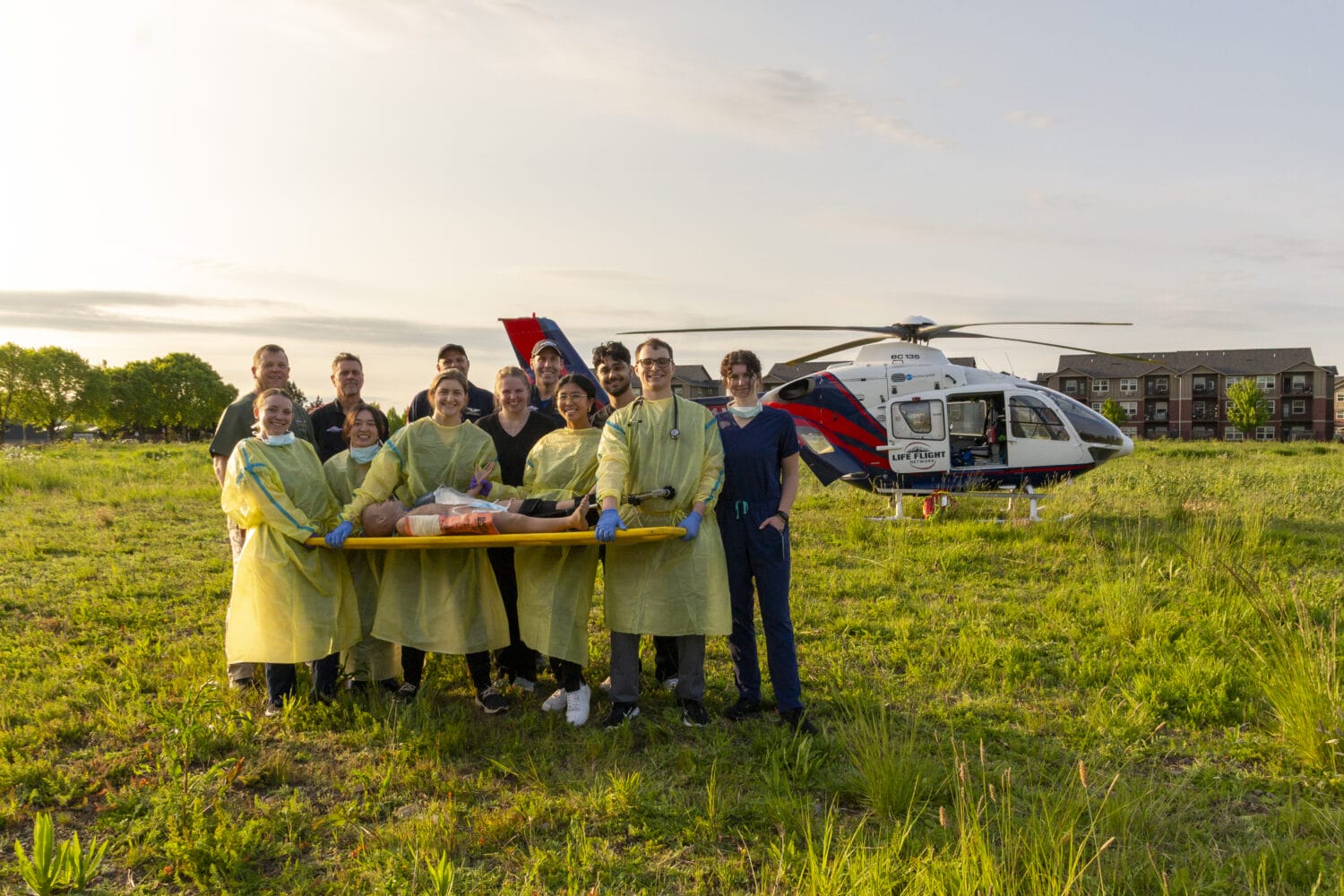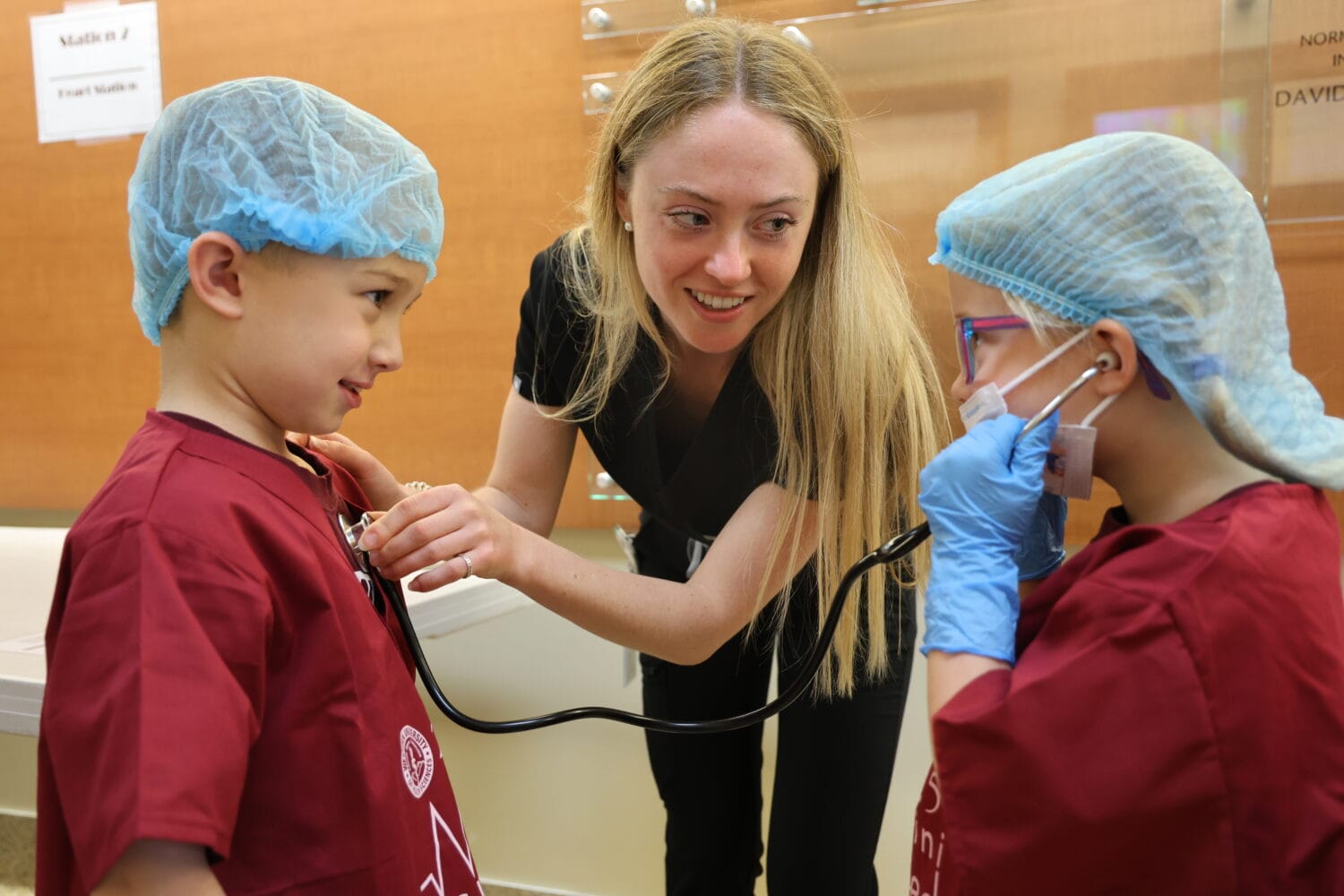Avian experts descend on WesternU
About 100 avian experts will attend the first Avian Diseases and Conservation Conference at Western University of Health Sciences on May 29-31, 2008.
The conference will bring together veterinarians, ornithologists, conservationists, zookeepers, rehabilitators, aviculturists, wildlife managers and park rangers who have a special interest in avian conservation and diseases. The main goals of this conference are to provide updated information on infectious, toxicological and nutritional diseases in free-ranging and captive birds as it relates to their conservation and to provide networking opportunities for avian health professionals.
Another goal is to try to promote the knowledge of diseases as an additional factor that can contribute to the decline in the wild bird population, said Miguel Saggese, DVM, MS, PhD, WesternU College of Veterinary Medicine assistant professor and conference organizer.
Loss of habitat, poisoning and loss of prey are well-known factors in wild bird population changes, but the role of diseases in natural ecosystems is not fully understood, Saggese said.
“We are living in a world where the frontiers between wildlife, domestic animals and humans are rapidly disappearing,” Saggese said. “Human population is growing and the wildlife population is decreasing. The interface is getting closer and closer, and many diseases equally affect wildlife, domestic animals and humans.”
Activities will include visits to the Los Angeles Zoo and the International Bird Rescue and Research Center in San Pedro, as well as workshops on avian necropsy and oiled sea-bird rehabilitation.
One of the keynote speakers will be Patrick Redig, DVM, PhD, University of Minnesota College of Veterinary Medicine professor and co-founder and director of The Raptor Center at the University of Minnesota. He will ask questions and stimulate thinking about the impact of diseases in free living populations of raptors.
The general feeling among ecologists is the impact of disease has been more or less given short shrift, not just with raptors but with many species of animals, Redig said.
Until the mid-20th century, scientists did not have a wide array of diagnostic tools to look at the effect of disease on populations, he said. With endangered species in an increasingly crowded world, disease is receiving more attention.
“The world is a changing place with climate change, the global trafficking and trade of animals and the pathogens that go with that and as a continuingly larger human footprint encroaches on habitats,” Redig said. “This is setting the stage where a disease could play a much more evident role in population dynamics than when habitats were more substantial.”
When lost habitat, hunting pressure and other encroachment occurs, disease could be the final straw that eliminates a population, said keynote speaker Ian Tizard, BVMS, PhD, Texas A&M University professor.
Tizard will talk about the way a bird’s behavior changes in response to sickness, and what good that does.
“These behaviors are designed to optimize survival and increase resistance to infectious agents,” Tizard said. “In humans, you take a day off from work until you get better. Birds cannot do that. The downside to sickness behavior in wild animals is it sends a signal to predators and maybe other birds of the same species that you’re highly vulnerable and it’s a good time to be picked upon.”
Sickness behavior in wild animals reflects the balance between trying to fight off microbes by acting sick and trying to fight off other animals by hiding that sickness, he said.
These types of conferences play an important role in addressing issues that affect everyone.
“It’s important to have these meetings, trying to bring together people who are approaching the problem from many different points of view,” Tizard said.
For more information about the Avian Diseases and Conservation Conference, click here:
http://www.westernu.edu/xp/edu/veterinary/avian_objective.xml.
Or contact Dr. Miguel Saggese by phone at 909-706-3532 or by e-mail at avianconference@westernu.edu.



